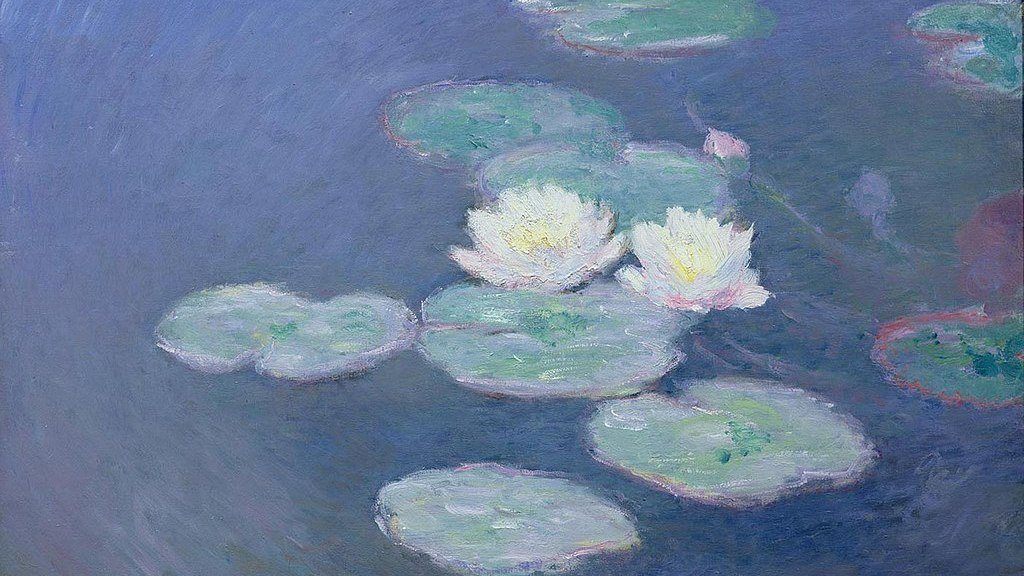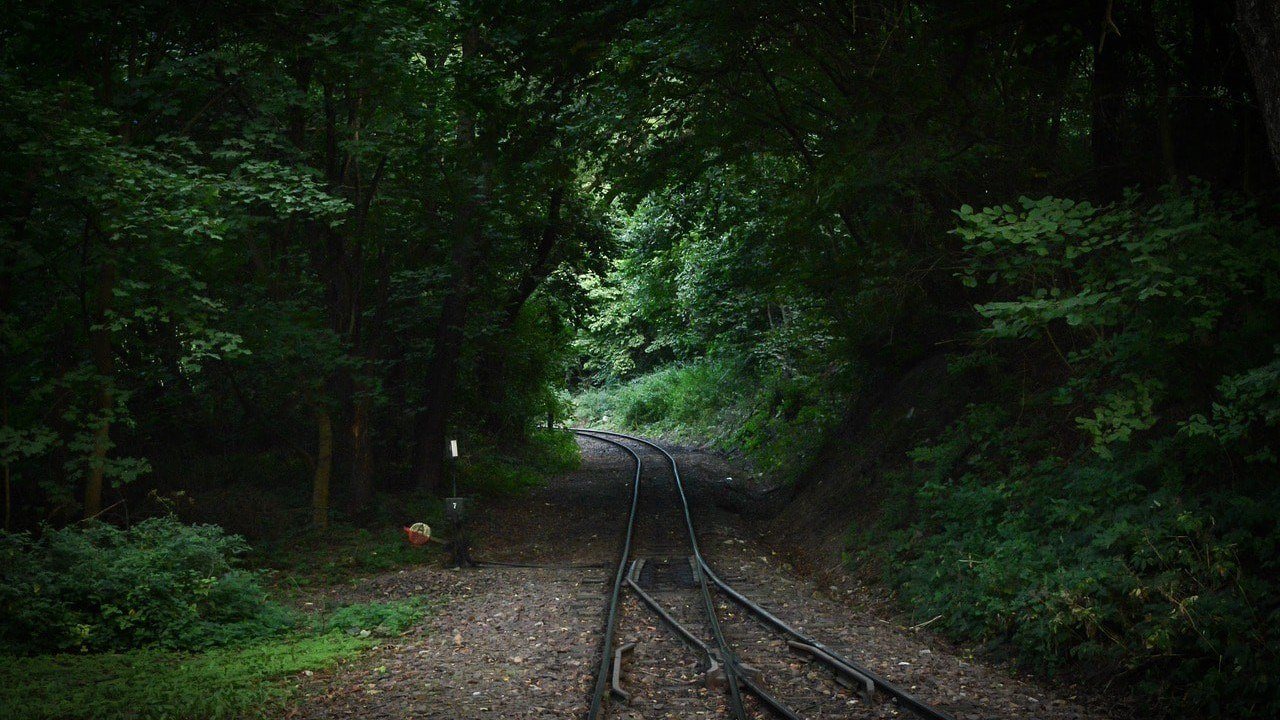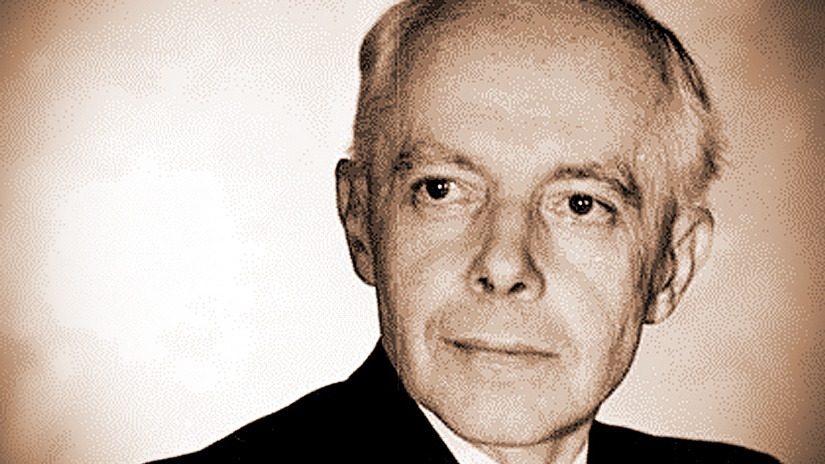Ravel’s Sonatine: Crystalline Classicism Made-to-Order
Musical Competition: Compose the first movement of a Pianoforte Sonate in F sharp minor, not to exceed 75 bars in length. A prize of 100 francs will be given for the winning composition. This advertisement, placed in the Weekly Critical Review in March of 1903, was the impetus for Maurice Ravel’s Sonatine for solo piano. Ravel entered the competition at the urging of his close friend, Michel-Dimitri Calvocoressi, a contributor to the short-lived, Anglo-French cultural publication. In …







